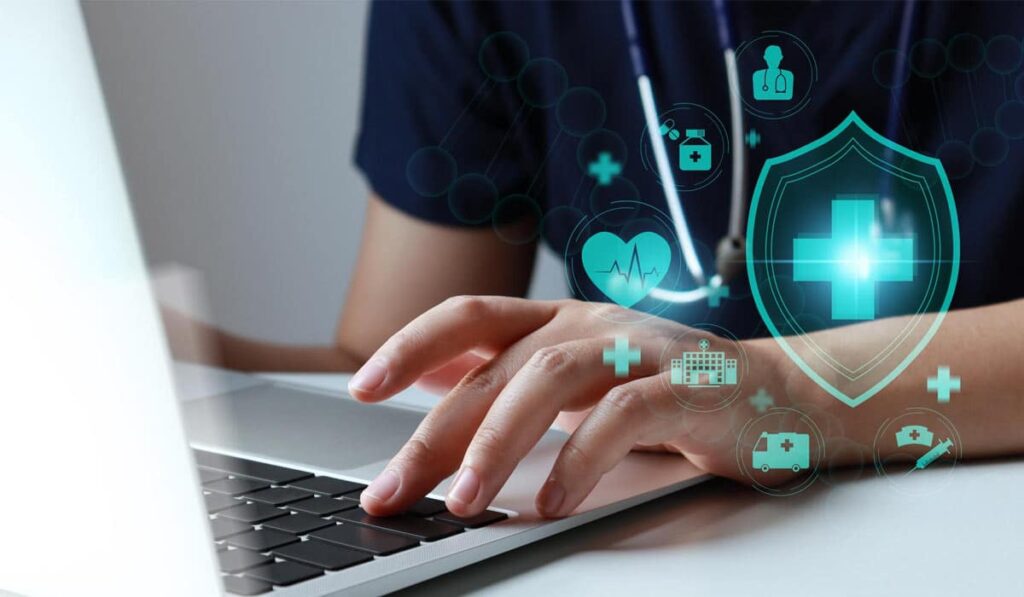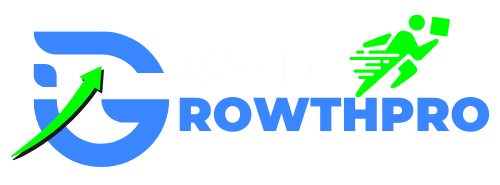The Best Technology for Reducing Data Security and Healthcare Communication

The landscape of healthcare is constantly changing, and brings with it innovations and new problems. One of the biggest problems is ensuring that communication with patients remains secure and efficient. From 2020 to 2023, an HHS report from HHS identified the increase of 239% in large-scale hacking attacks of a large scale and a rise of 278% in ransomware attacks, highlighting the need for strong protection of data.
To deal with this situation, healthcare providers must focus on seamless communication and the security of confidential patient information. Let’s take a look at this blog and look at the top eight tech tools that make communication with patients more secure and efficient.
Table of Contents
Secure Messaging Platforms
Secure messaging platforms aren’t a luxury; they’re indispensable. These HIPAA-compliant apps offer features such as encryption from end to end, live chats, real-time chats, as well as immediate patient notifications. These tools allow for improved patient communication by making it easy and secure. Live conversations keep patients active and well-informed, while encryption of data protects their health information. What does this mean? Improved coordination of treatment and greater trust between the patient and the provider.
Telehealth Solutions
Telemedicine has seen rapid growth and has proven its worth in terms of convenience and accessibility to care. Top telehealth platforms feature security protocols built in to comply with strict privacy requirements. From high-quality video conferencing to secure data transmissions to electronic prescriptions, these platforms enable providers to enhance their services while maintaining the confidentiality of patients.
Patient Portals that integrate Security Features
The top-rated patient portals are proving to be game changers in healthcare. These portals function as crucial health communication tools, providing access to health records that are accessible, easy appointment scheduling, as well as secure document exchange while protecting patient information. By incorporating strong safety features into these websites let patients can take charge of their health and ensure that their medical data (PHI) remains secure.
Encrypted Email Services
In a time when security breaches are the subject of headlines every day, secure email services have become essential for healthcare professionals. These email providers are specialized to ensure the safe storage and transmission of messages. They are also aided by a variety of tools for compliance, which are in line with the industry’s regulations. This technology allows healthcare professionals to communicate effectively while reducing the possibility of unauthorised access to sensitive data.
Mobile Health Apps
The emergence of health apps for mobile devices is an enormous advancement in the field of patient health care. These cutting-edge tools function as an essential communication tool for patients that is specifically designed to ensure secure data management for patients. With features such as scheduling appointments, symptom tracking, and real-time health information, mHealth apps empower patients to be in control of the health of their family. They seamlessly connect to healthcare systems, making sure the patient and their healthcare provider are in touch and informed.
Cloud-Based Document Management Systems
Cloud-based document management solutions have revolutionized the way that healthcare professionals keep and share sensitive data. They allow secure document storage and sharing, which makes them essential. They are equipped with automated backup access controls, access control, and HIPAA conformity; these platforms guarantee that patient information is secure and enable smooth operation within health care teams.
Cybersecurity Software for Healthcare Providers
It is difficult to overstate the importance of secure cybersecurity within the medical industry. The right cybersecurity software is the primary security layer in ensuring the security of data and protecting patient data from the threat of cyberattacks. The top tools in this field include essential features like security against malware as well as phishing protection, and live threat monitoring in real time to create a stronghold around the healthcare information.
Electronic Health Record (EHR) Systems equipped with Advanced Security
The modern electronic health record is crucial for enhancing data security as well as engaging patients. Contemporary EHR data security incorporates the use of role-based access, multi-factor authentication, and thorough audit records. It comes with multi-layered security strategies. Only authorized personnel can access sensitive data. This helps reduce the risk of leaks.
Benefits: These EHRs are advanced and ensure the security of patient information. They securely store the data and permit easy access and retrieval. They are focused on data security but also want a smooth workflow. They would like to have easier communication with their doctors to enhance patient-patient relations. This system encourages patients to take part in their healthcare. It also safeguards their health information. This will also improve the health of patients through this system.
Bottom Line
To create a resilient healthcare system, make use of safe and efficient technology tools. They should be able to engage patients and safeguard information. The use of strategic debt is vital to managing the finances of healthcare. They need to guarantee compliance and security in an environment that is complex environment. The providers need to evaluate their systems. Changes in the healthcare industry demand it. They need to use the most efficient tools available. Just as effective communication tools for healthcare improve patient-patient relationships, so too can the use of technology that is appropriate streamline operations and secure vital data to make way for an improved future.





